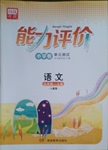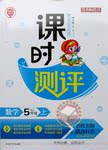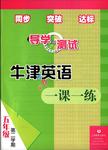题目内容
It struck me like a blow when I saw his ___________ on the legal document which sold our house to another family.
| A.identifications | B.initials |
| C.recognitions | D.characteristics |
B
解析试题分析:句意:当我看见他用黑笔签文件把我的房子卖给别家人时对我是个打击。Identifications鉴定;initials姓名打头的大写字母;recognitions识别;characteristics
特性,特征。根据句意故选B。
考点:考查名词辨析。
点评:本题难度适中。对名词的考查主要是它们的意义和用法,需要考生正确理解句意,然后才能正确做出判断。对于词形相似的词的考查也是命题者常设题的地方。
即学即练:Can I ask you to show me some ________ ?
A. identifications B. initials
C. recognitions D. characteristics
解析:A。句意:请问你能出示任何身份证明吗?

练习册系列答案
 能力评价系列答案
能力评价系列答案 唐印文化课时测评系列答案
唐印文化课时测评系列答案 导学与测试系列答案
导学与测试系列答案
相关题目